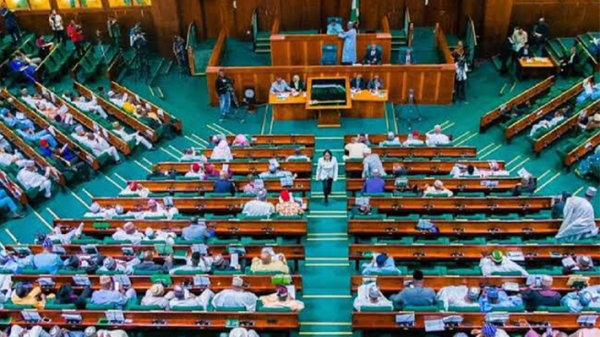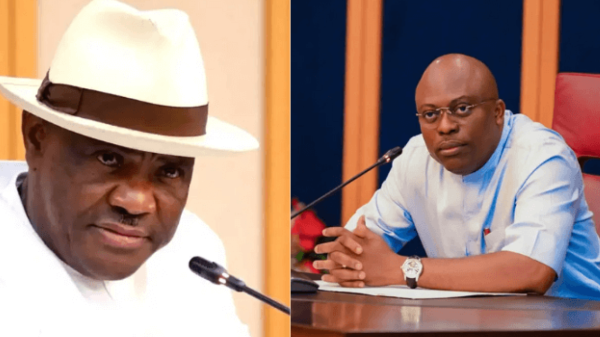The Socio-Economic Rights and Accountability Project (SERAP) has taken legal action against Senate President Godswill Akpabio, seeking the reversal of what it describes as the “unlawful suspension” of Senator Natasha Akpoti-Uduaghan. The advocacy group has filed a lawsuit at the Federal High Court in Abuja, arguing that the suspension violates fundamental human rights.
SERAP’s Legal Challenge
In the case filed under suit number FHC/ABJ/CS/498/2025, SERAP is requesting an order compelling Senate President Akpabio to reinstate Senator Akpoti-Uduaghan and restore all her legislative rights, entitlements, and privileges. The group is also seeking a permanent injunction to prevent the Senate from suspending her or any other senator in the future for exercising their right to freedom of expression.
SERAP contends that the application of sections 6(1)(2) of the Senate Standing Orders 2023 (as amended) to suspend the senator is unconstitutional and deprives her constituents of their right to political representation.
According to SERAP, suspending a lawmaker for peacefully expressing their views contradicts democratic principles and discourages free speech within the National Assembly. The group asserts that such actions set a dangerous precedent that could stifle legislative debates and weaken accountability in governance.
Background Of The Dispute
The controversy began when Senator Akpoti-Uduaghan was suspended for six months following allegations that she spoke without permission and refused to move to a newly assigned seat in the Senate chamber. In response, the Senate also withheld her salary and allowances for the duration of her suspension.
The situation escalated further when Akpoti-Uduaghan accused Akpabio of making inappropriate advances towards her during a visit to his home in December 2023. She claimed that during a trip to Akwa Ibom with her husband and associates for Akpabio’s birthday celebration, the Senate President made inappropriate remarks and gestures.
Following these allegations, Akpoti-Uduaghan filed a defamation lawsuit against Akpabio, who has denied all accusations, calling them an embarrassment to the Senate and the nation.
Public and Legal Implications
SERAP argues that the suspension not only violates Akpoti-Uduaghan’s rights but also undermines democracy by limiting political participation. The group insists that the Senate’s actions amount to political suppression, discouraging lawmakers from freely engaging in debates.
Legal experts have weighed in, stating that suspensions of elected officials should follow due process and not be used as a tool for silencing dissent. The court’s decision on the matter could set a significant precedent regarding legislative discipline and lawmakers’ rights in Nigeria.
No date has been fixed for the hearing of the case, but the outcome could have far-reaching effects on how the Nigerian Senate handles internal disciplinary actions in the future.







































































































